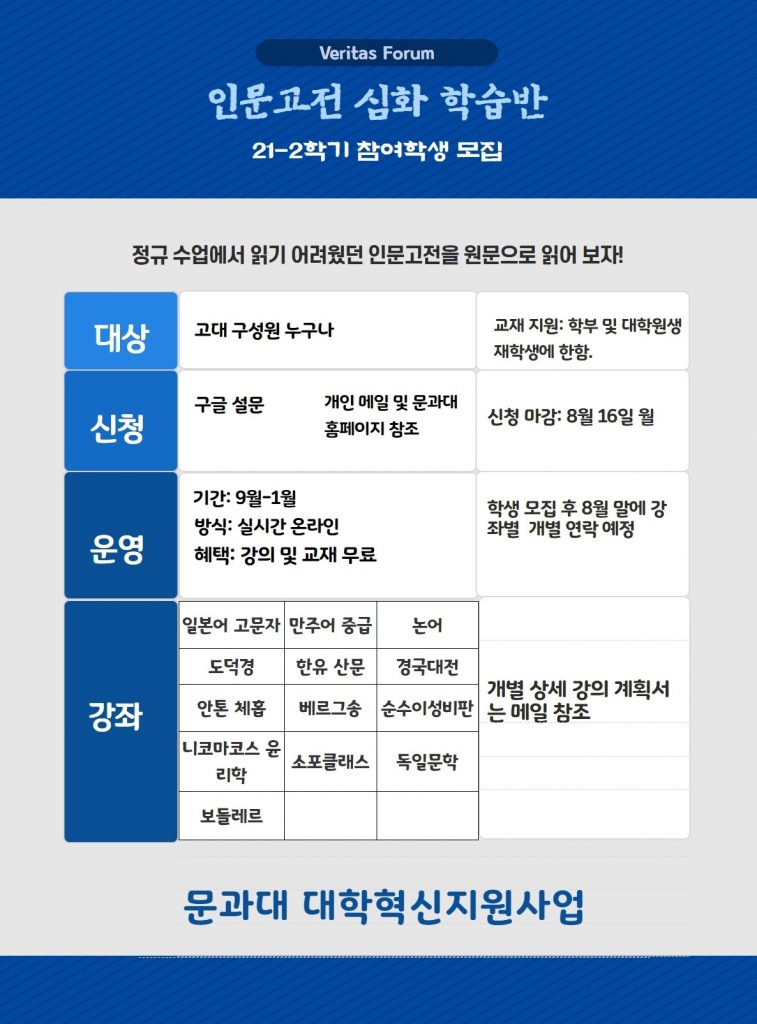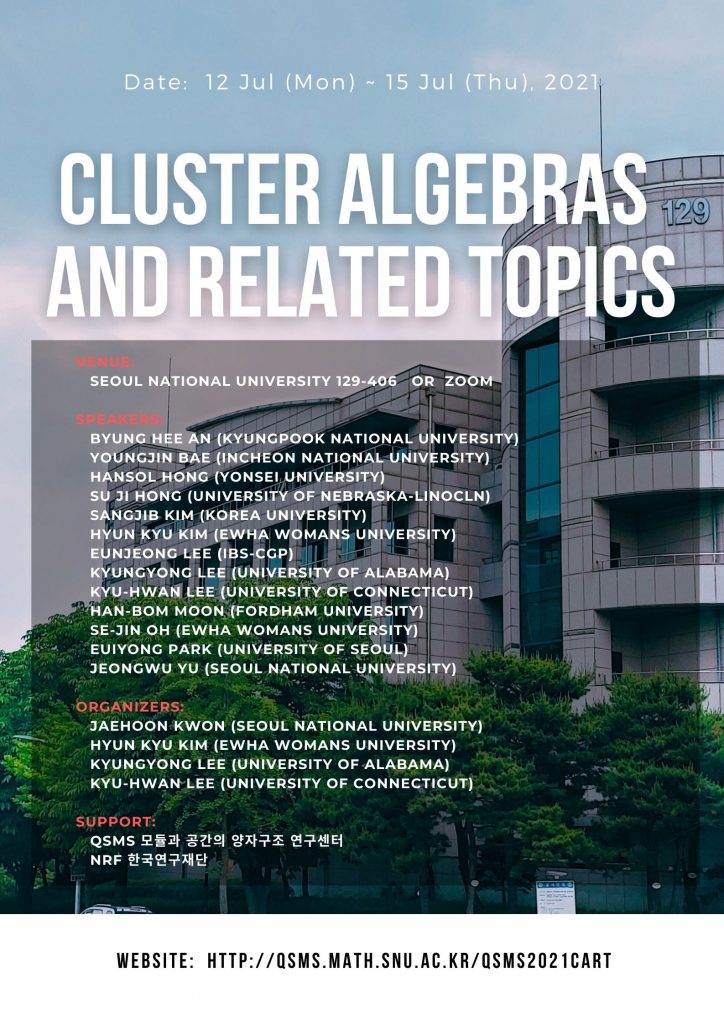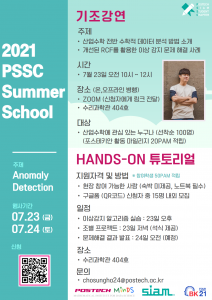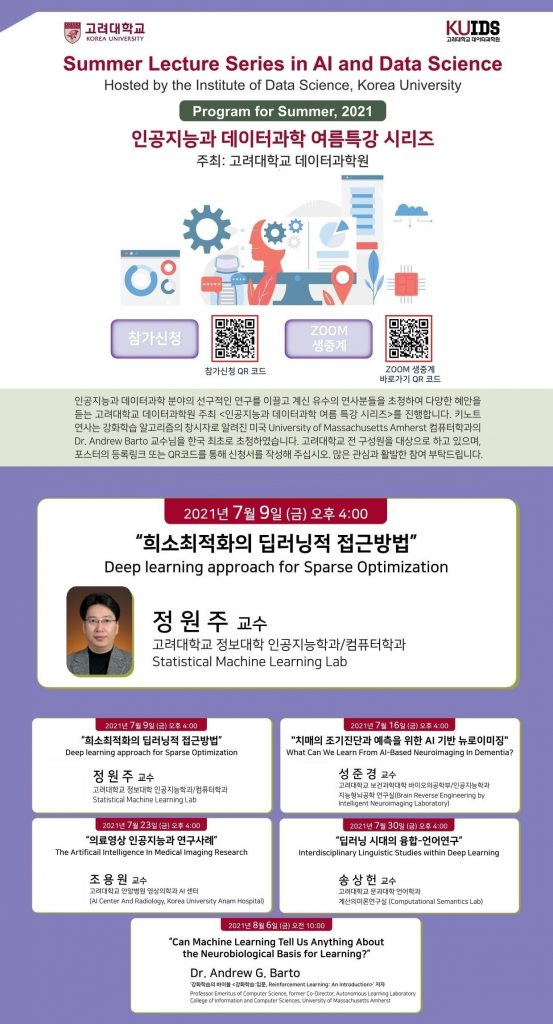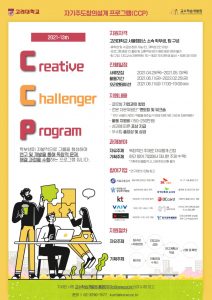학과 정기특강입니다.
1. 일시 : 2021년 10월 29일 (금) 15:30-16:30
2. 장소 : Zoom을 이용한 실시간 온라인 강연
3. 연사 : 안재만 교수 (공주대학교 수학교육과)
4. 제목 : Multivariate Hermite Interpolation via Explicit Groebner Basis of Fat Points Ideals
5. 초록 : Multivariate Hermite interpolation problem asks to find a “small” polynomial that has given values of several partial derivatives at given points. It has numerous applications in science and engineering. Thus, naturally, it has been intensively studied, resulting in various beautiful ideas and techniques. One approach is to choose a basis of the vector space of interpolating polynomials and to translate the interpolating conditions into a system of linear equations.
A fundamental challenge in this approach is to find a “nice” basis so that the resulting system of linear equations is “easy” to solve. In this talk, we will give a “nice” basis in that
(1) it is explicit,
(2) The resulting linear system is block diagonal,
(3) Each block is triangular, and
(4) The diagonal elements of each block are all one.
We found such a basis by first deriving an explicit Groebner basis of fat points ideal and by imitating the shape. This is a joint work with Hoon Hong (NCSU).

